Journey to the West: The endlessly remade Chinese folk tale
- Published
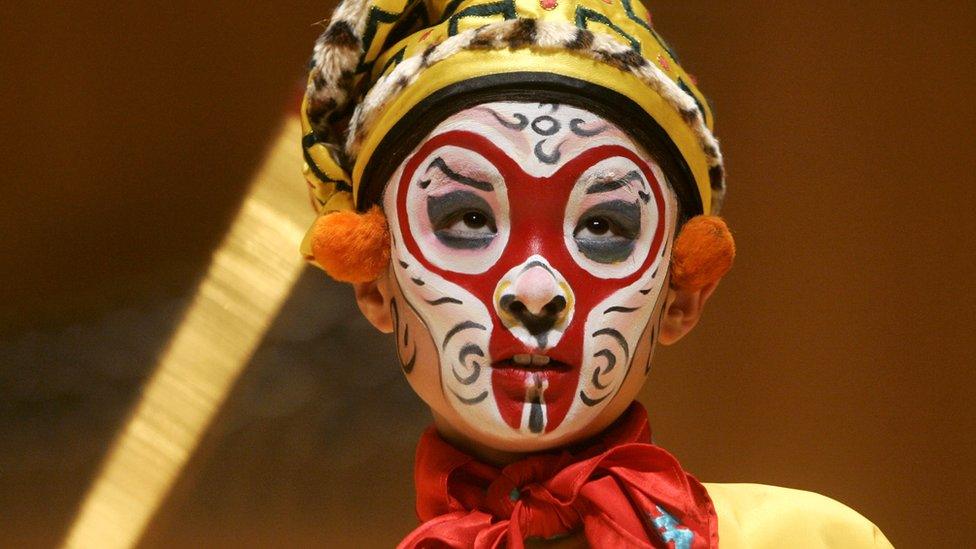
The legend of Monkey God Sun Wukong and Journey to the West is still retold to modern audiences
As one of the greatest Chinese fables is set to be retold yet again, in the form of a Netflix series, the BBC's Heather Chen looks at the enduring appeal of a wandering monk and his loyal friends.
Almost everyone with a Chinese background has grown up learning the folktale Journey to the West, the story of an epic pilgrimage of a Buddhist monk and his three disciples, the legendary monkey god Sun Wukong, the greedy and mischievous Zhu Bajie and man-eating demon Sha Wujing.
Together with a dragon prince -transformed into a white horse - the party travels on a mission to bring ancient Buddhist scriptures from India back to China. Along the way, they encounter monsters and other obstacles, triumphing through their wit and teamwork.
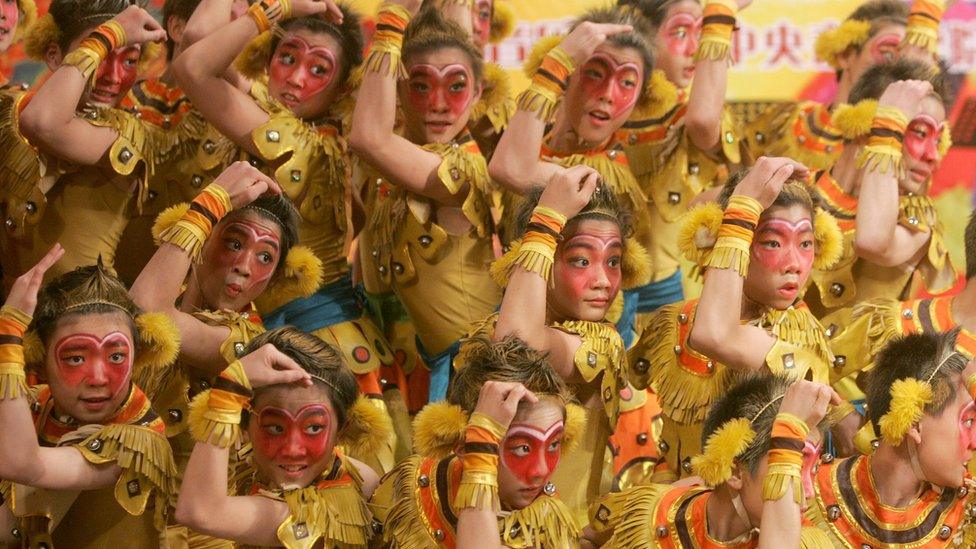
The classic Chinese folklore remains popular with audiences of all ages
"It is the greatest story in classical Chinese literature," says Qu Jingyi, a professor specialising in Chinese literature and history at the Nanyang Technological University.
Fantasy and 'whitewashing'
Western audiences might best know the legend through the kitschy 1970s series Monkey, external, which put Sun Wukong front and centre.
The Japanese show, which most people called Monkey Magic after its theme song, was a mainstay of kids TV in the 1980s, and won a cult following for its mismatched dubbing, rudimentary special effects and funk soundtrack.
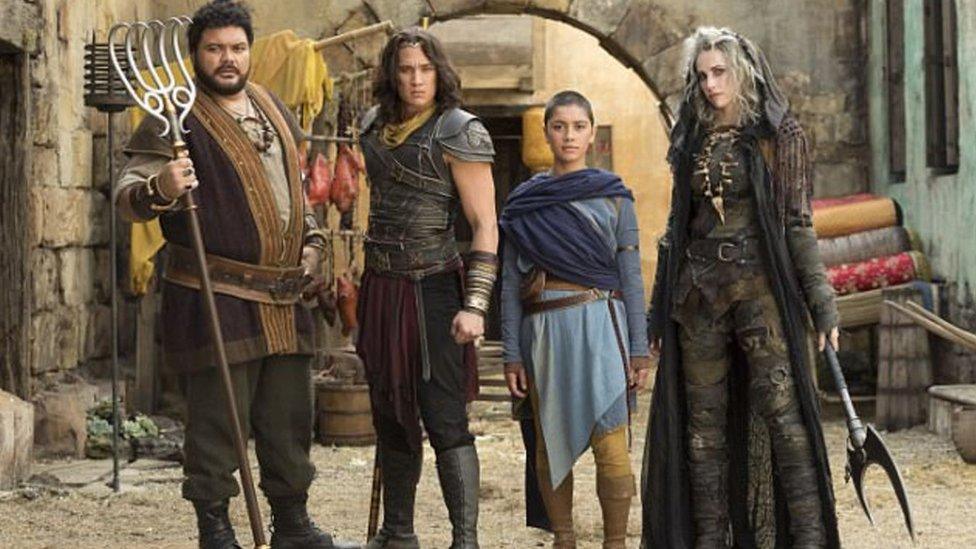
Fans of the cult series criticised the upcoming remake, saying it was 'whitewashing' the original show
Streaming site Netflix, perhaps capitalising on current nostalgia for the era, has now teamed up with broadcast companies in Australia and New Zealand to bring back Monkey.
The Legend of the Monkey will revamp the classic as a "big budget fantasy drama", with a whiff of Game of Thrones about it.
The decision proved to be a controversial one, however.
There's a noticeable change in location, this time being filmed on set in New Zealand, and early promotional photos released last week show no Chinese actors have been cast.
The lead actor is Thai, while others have Maori or Pacific Island backgrounds, but it caused a now familiar outcry.
"My childhood favourite just got a whitewashing reboot," said Khoo Fooi-Ling on Twitter.
"Is this Journey to the West or Lord of the Rings," wrote a user from Beijing on China's popular micro-blogging Sina Weibo site.
"Everything looks wrong, they've butchered and insulted our history. Expect an unwelcome from viewers in China and zero ratings."
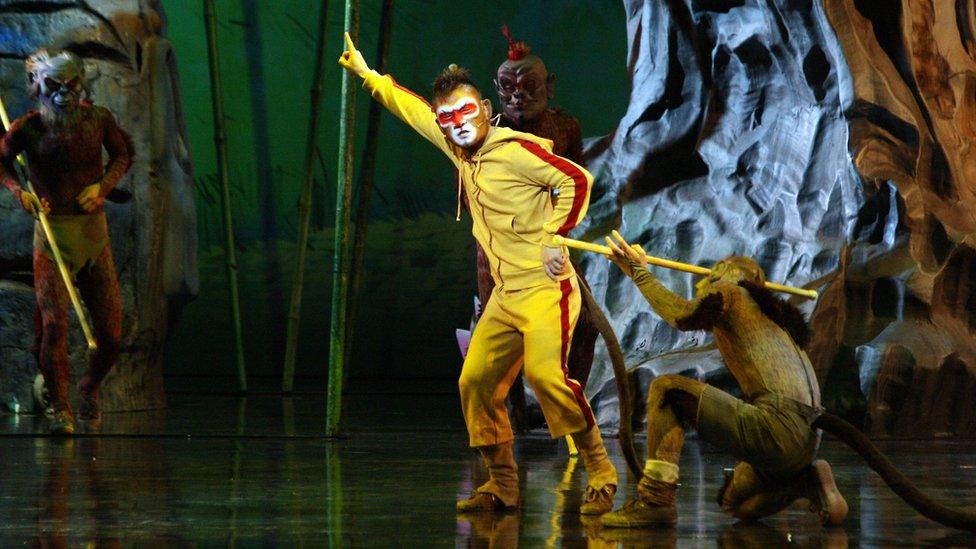
British artist Damon Albarn was also involved in a Journey to the West production in Paris
The journey story has been retold in China for centuries. It can be seen in artworks, cultural festivals and even as local movie and small screen adaptations.

You might also be interested in:

While it's commonplace to see Chinese operas telling the story, in 2007 it found a fan in British musician Damon Albarn of Blur fame, who brought the story to life in Europe.
Monkey: Journey to the West featured music by Albarn with designs by Jamie Hewlett, the artist who brought Albarn's animated band Gorillaz to life.
It was performed in Mandarin and featured acrobats, martial artists and a team of contortionists.
The legend has even made its way into video games.
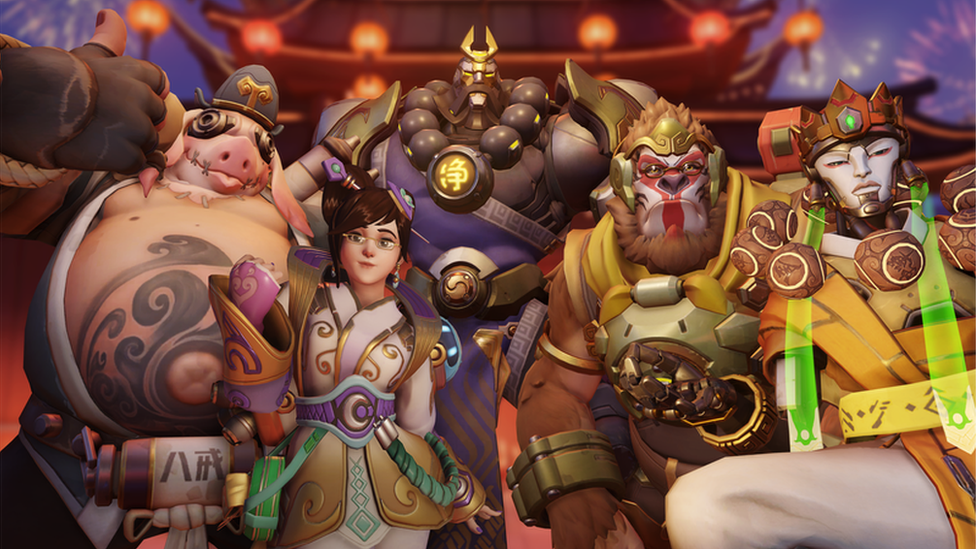
Chinese mythology meets modern day gaming in Overwatch's latest skin pack
Blizzard title Overwatch unveiled a festive update in time for the Lunar New Year, which featured special holiday items, maps and cosmetic "skins" modelled after the four main characters from Journey to the West.
Multiplayer online battle game Defense of the Ancients (DotA) has also incorporated Journey to the West-themed characters in past gaming updates.
'Dynamic Chinese storytelling'
All of this would likely be surprising to Xuanzang, the Chinese monk who travelled to India in the 7th Century to bring back sacred Buddhist scrolls.
Still highly revered, he was first immortalised in the 16th Century novel Journey to the West, which added fantasy elements to his travels.
So what is the enduring appeal of his tale?
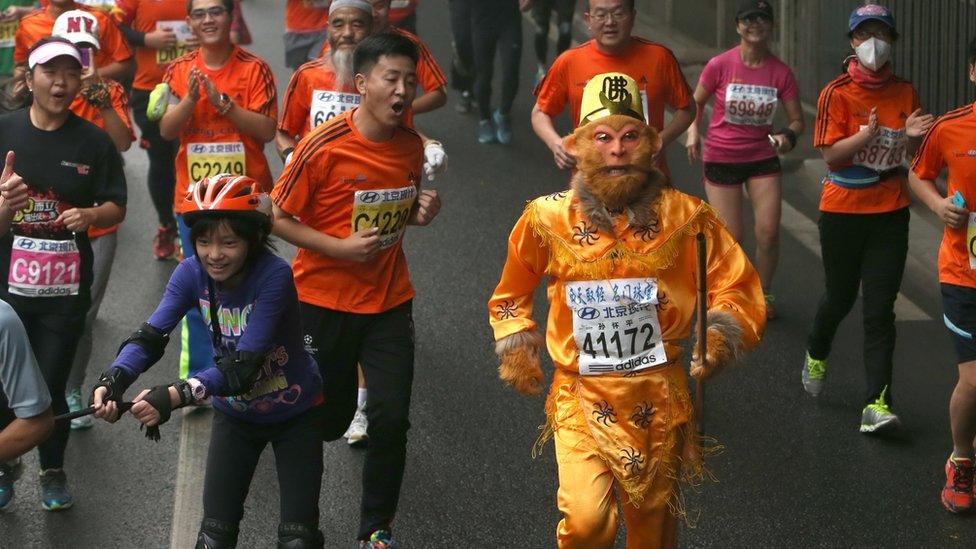
A participant dressed as Monkey God, takes part in the Beijing Marathon
Chinese studies scholar Jason Zhuang says it lies in the powerful narrative of the original 16th Century author.
"The pure storytelling dynamics of Wu Cheng'en will never be replicated elsewhere.
"It's a great novel that tells of important Chinese qualities. Each character also represents different values."
Prof Qu says the novel is "very suited to be adapted because of its appeal with young people". It shows "the imagination and sense of humour among Chinese people".
While there are other great Chinese novels, Journey to the West offers strong dramatic and comic content, he says, along with elements like fairy immortals, demons and ghosts.
"Readers and viewers love the Monkey King's fighting spirit and optimistic attitude towards life," said Prof Qu.
"His playful nature is also still beneficial to our modern society, under heavy stress."
- Published27 January 2017
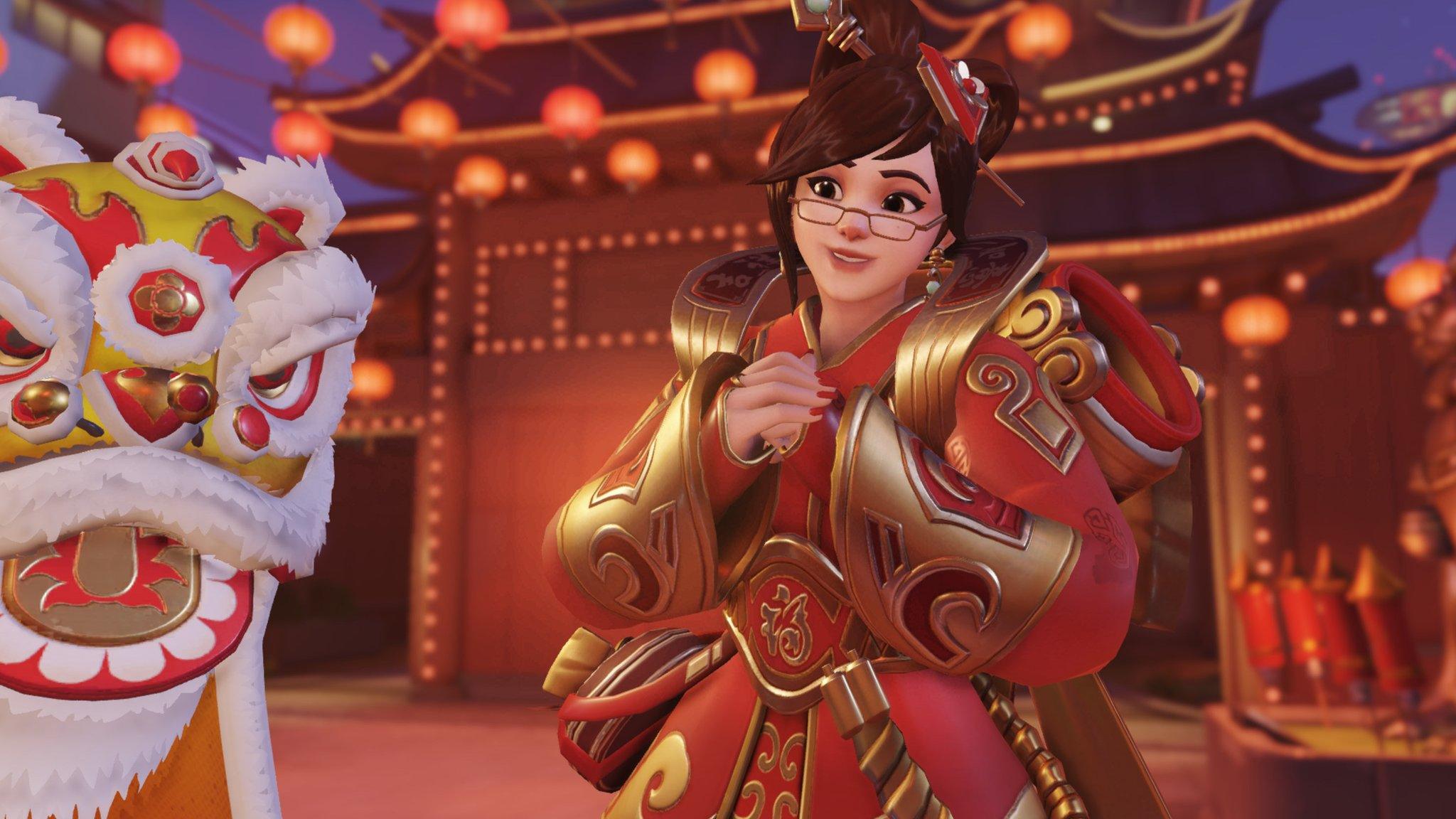
- Published27 April 2017
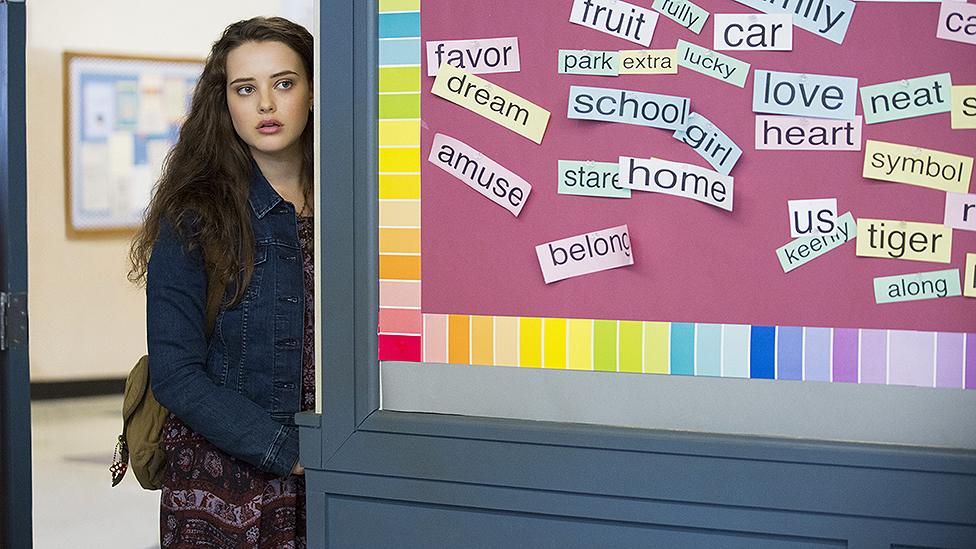
- Published9 March 2017

- Published24 April 2017
